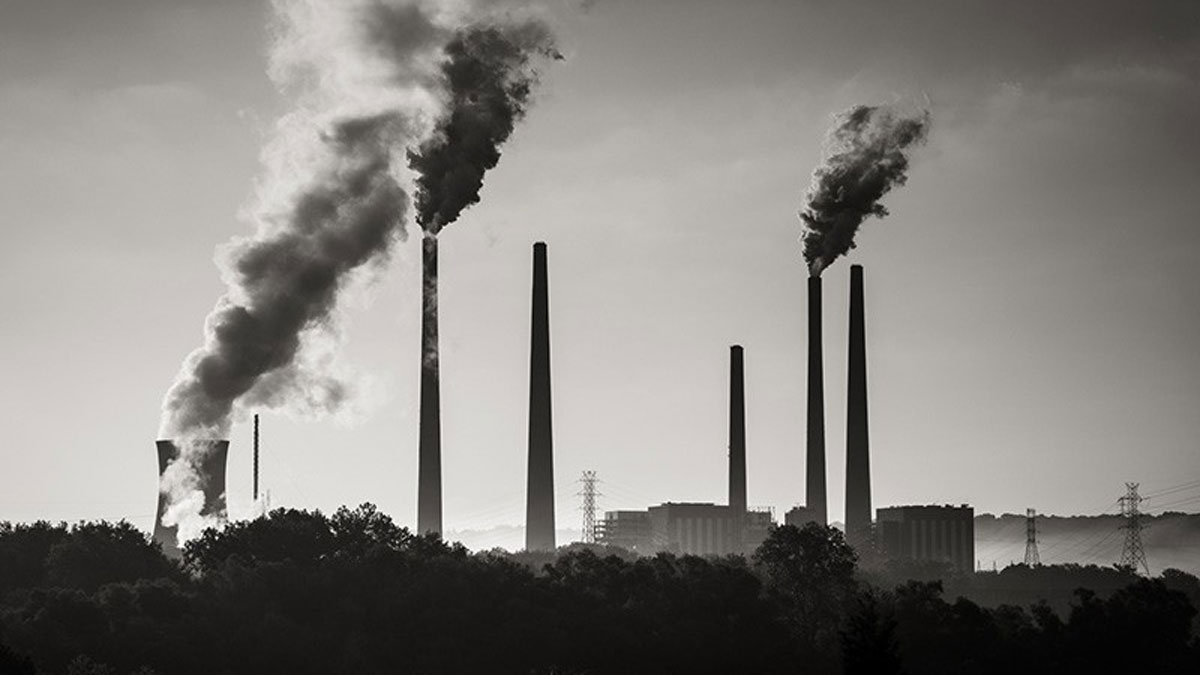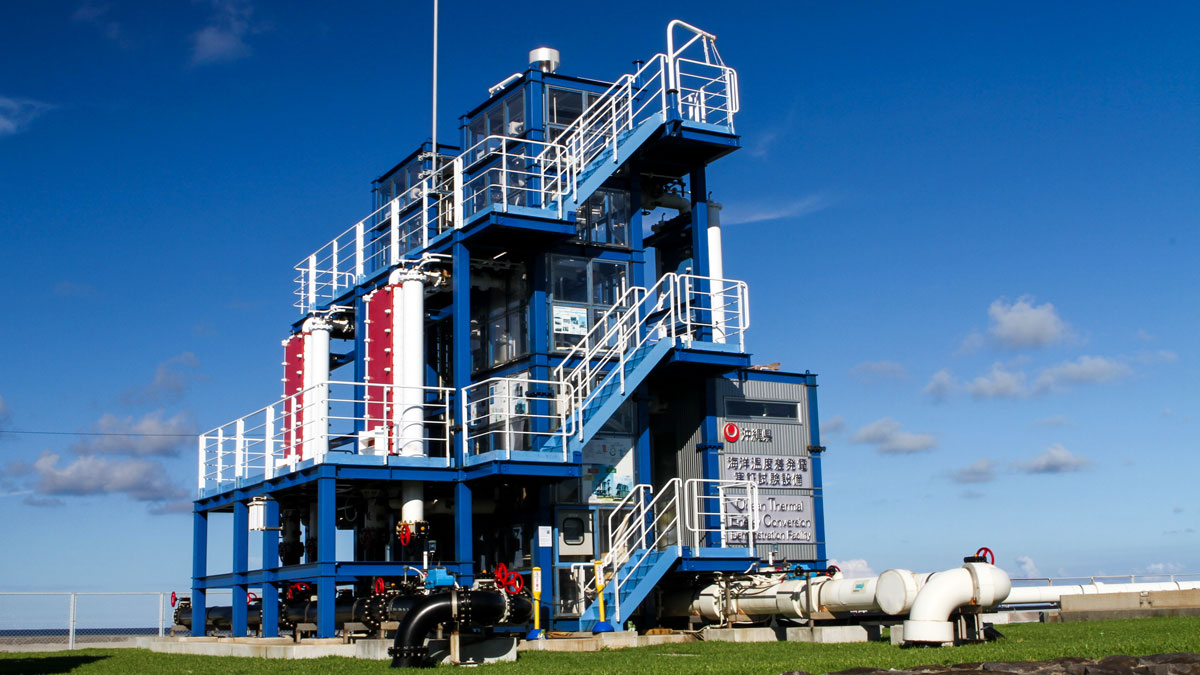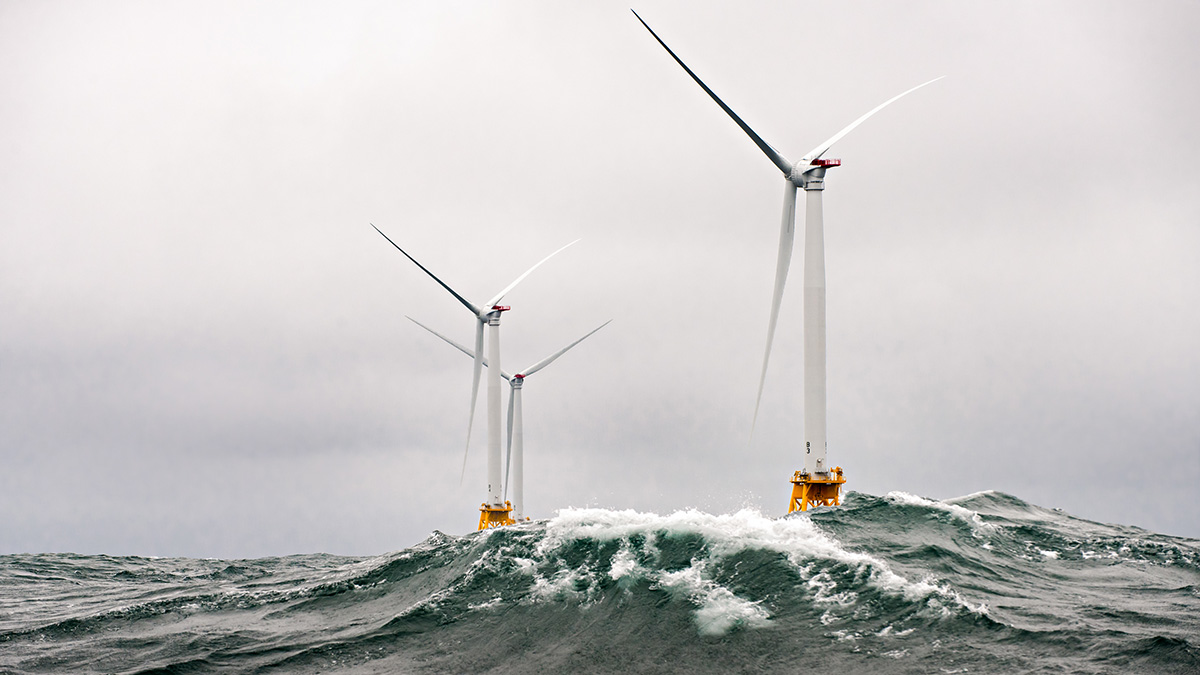“Floatovoltaics” are an emerging technology, but their environmental impacts are still unknown.
renewables
Can Decommissioned Mines Become Green Power Generators?
A new report supports the idea that underground mines can be transformed into energy storage facilities, adding the possibility of on-demand, carbon-free power to energy grids.
Sandeep Pai: A Just Transition to Clean Energy
Making sure people whose incomes rely on fossil fuels aren’t left behind as alternative energy sources become more established.
Cuantificando los beneficios para la salud de una transición a energías limpias en EE. UU.
Eliminar la contaminación del aire relacionada con la energía en los Estados Unidos podría evitar aproximadamente 50,000 muertes prematuras y ahorrar miles de millones de dólares al año.
Quantifying the Health Benefits of a U.S. Clean Energy Transition
Eliminating energy-related air pollution in the United States could prevent roughly 50,000 premature deaths and save billions of dollars per year.
Innovative Model Elucidates Geothermal Energy Resource
Data from deep wells and a Bayesian modeling framework shed new light on one of Iceland’s valuable geothermal reservoirs.
The Goldilocks Zone May Be Just Right for Migrating Metals
Researchers identified a gateway that allows metals critical for renewable energy technologies, like copper and gold, to make their way to the surface.
The Century-Old Renewable You’ve Never Heard Of
Ocean thermal energy conversion could power the world’s tropical islands, if it ever gets out of the “innovation valley of death.”
Ocean Terrain and the Engineering Challenges for Offshore Wind Farms
Deep coastal seabeds, glacial erratics, and other geophysical hurdles stand in the way of offshore wind farm proliferation. Researchers, engineers, and organizations are adapting and inventing ways to harness the breeze.
Better Together: Perovskites Boost Silicon Solar Cell Efficiency
Scientists engineer a way to layer materials to boost efficiency without interrupting manufacturing processes.










